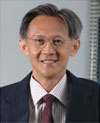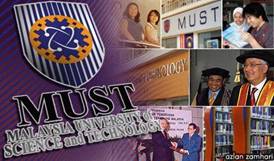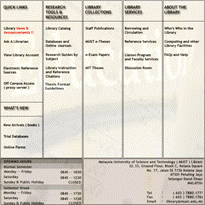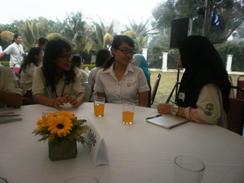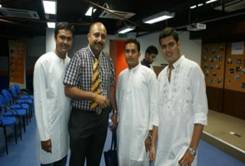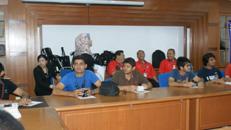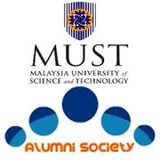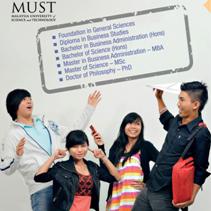|
|
 |
 |
About MUST |
 |
 |
|
|
|
| |
 |
_Contact Us |
|
|
|
|
Preparing Graduates for Global Employability
MUST began as a post-graduate research university in 2000, assisted by the Massachusetts Institute of Technology (MIT). Hence, its post-graduate research curriculum was structured to emulate MIT’s style of teaching and learning, with emphasis on meeting the demand of future industries and jobs. To deliver this education, MUST has built up a faculty consisting of graduates of leading universities in the world.
Today, MUST has expanded to offer Undergraduate and Foundation programmes in its School of Science and Engineering and Business School. Its postgraduate experience with the assistance of MIT sets the model for developing its Undergraduate and Foundation programmes. Teaching and learning continue to be interactive, and the content of courses are guided by practical concerns. The curriculum is industry-oriented to ensure employability of graduates. |
|
| |
 |
| |
Graduates of MUST today work in leading corporations across the world, from the Middle East to China, Singapore and Australia. Many also work in major corporations and government organisations in Malaysia or have started their own business. Others have gone on to pursue PhDs in Malaysian universities as well as universities in Canada, Australia, and else where. |
| |
 |
| |
Our international students have also attained good careers, largely returning to their home countries to hold good positions in government organisations and private companies, adding to the rich international alumni network that can help each new batch of graduates on international jobs. |
| |
 |
| |
MUST’s Foundation Science programme is supervised by its senior faculty to ensure quality teaching and good student performance. Subjects such as mathematics, biology, chemistry, physics and computer science are taught by faculty with Masters and PhDs. Students experienced a pedagogy that make science interesting and comprehensible.
|
| |
 |
| |
MUST’s undergraduate programmes are taught by highly experienced faculty members. The courses combine class lectures with practical laboratory work, field research, group projects, presentation and workshops. All these equipped students with a wide range of learning skills and instilled them with confidence and an enthusiasm for knowledge that set them apart from others.
|
 |
| |
| Students are welcomed to visit MUST to experience its undergraduate programmes and interact with its faculty. Students may also get a chance to sit in and participate in its postgraduate programmes to get a sense of what postgraduate school is all about. |
| |
 |
| |
Vision
To serve as the nucleus for a high technology research and development infrastructure and to improve the quantity and quality of highly skilled human resources thereby accelerating the development of indigenous technology and enterprise.
Mission
Our mission is to establish a world-class university that will produce leaders and critical thinkers in science and technology, trained in entrepreneurship and who can develop and manage world-class indigenous technologies. |
|
|
 |
|
 |
 |
The courses on offer are as follows |
 |
 |
|
|
|
| |
 |
 |
 |
 |
| Pre-University Programs |
| |
| • Foundation in General Sciences |
| |
| |
|
 |
 |
 |
 |
|
|
|
 |
 |
 |
 |
| Undergraduate Programs |
| |
• Bachelor of Science in Biotechnology
• Bachelor of Science in Information
Technology &
Telecommunication
• Bachelor of Science in
Transportation Logistics and
Supply Chain Management |
| |
| ...Read More |
|
 |
 |
 |
 |
|
 |
 |
 |
 |
| Postgraduate Programs |
| |
• Master of Science in Biotechnology
• Master of Science in Information Technology and Telecommunication
• Master of Science in Systems Engineering and
Management |
| |
| ...Read More |
|
 |
 |
 |
 |
|
|
|
|
 |
|
 |
 |
Funded Research and Student Research |
 |
 |
|
|
|
| |
|
|
 |
|
|
|
|
 |
 |
Partner Universities |
 |
|
|
|
| |
| Massachusetts Institute of Technology (MIT),USA |
University of Tasmania, Australia (UTAS) |
Malaysian Genomics Resource Centre |
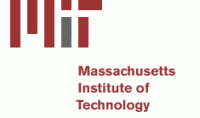 |
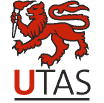 |
 |
|
|
 |
|
|
|







